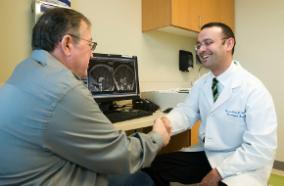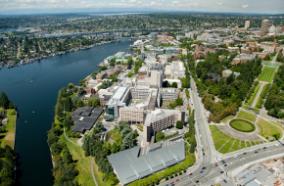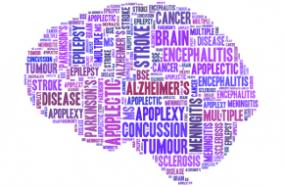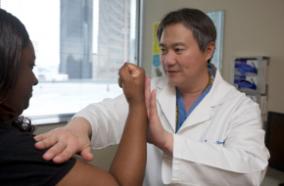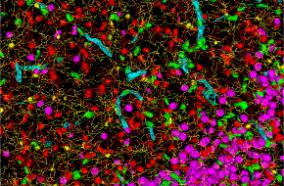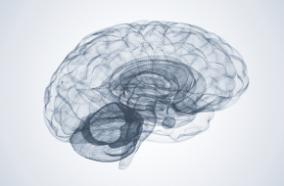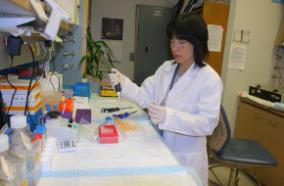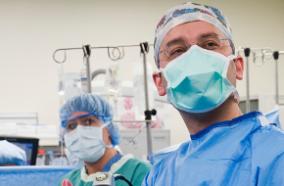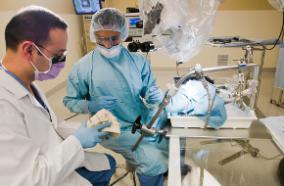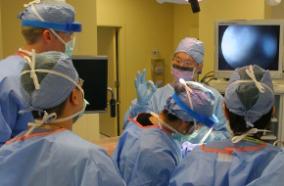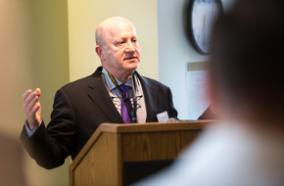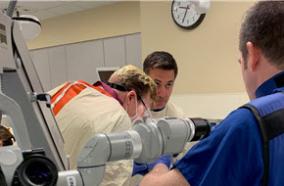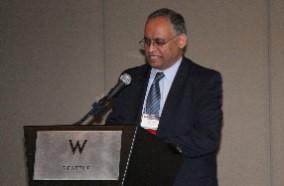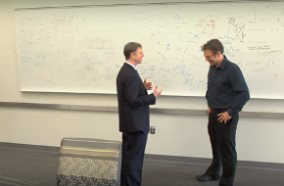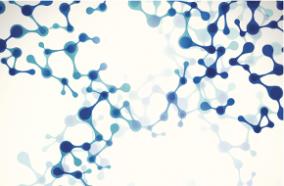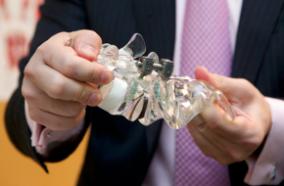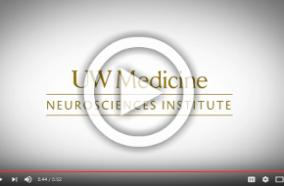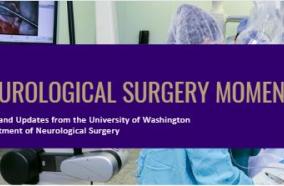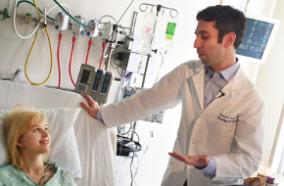Founded in 2008 by private donations from the Ellenbogen family and others, the Neuroscience Summer Student Program is a transformative and inspiring eight-week program that encompasses research, lectures, and surgical observations. This education program was devised and launched in 2008 by Richard and Sandy Ellenbogen and coordinated by Jim Pridgeon, MHA, Senior Lecturer. Dr. Ellenbogen is Professor and Chair of Neurological Surgery and Director of the University of Washington (UW) Neurosciences Institute (NSI).
Since its inception, the program has aimed to provide inspiration, mentorship, and scientific preparation for students interested in pursuing a career in neuroscience research, healthcare, or biomedical engineering/medicine.
Since 2008, 192 rising freshmen and college undergraduate students aged 18 and older from 90 different schools have participated in the program. Students have participated in 18 different laboratories, engaging with more than 20 faculty. Students have attended over 140 unique Neurological Surgery Grand Rounds presentations, observed over 500 surgical procedures and clinical shadowing opportunities by following 20 different attending neurological surgeons at three different UW-affiliated hospitals. Students have also participated in 96 weekly student group presentations by 24 different faculty members.
Although still a very young program, over 25 students from earlier classes have gone on to medical school or PhD neuroscience programs.
In 2016, the program was awarded NIH/NINDS R25 funding (Ellenbogen, Mac Donald MPI) based on its innovative focus on translational neuroscience, its record of high-quality faculty mentorship, and student engagement. The program was felt to be unique by reviewers because it was principally based on donations from the Ellenbogen Family Foundation, with additional funding by other community education advocates. Private donations still support gaps in NIH R25 funding for the educational program, graduation, and social events.

